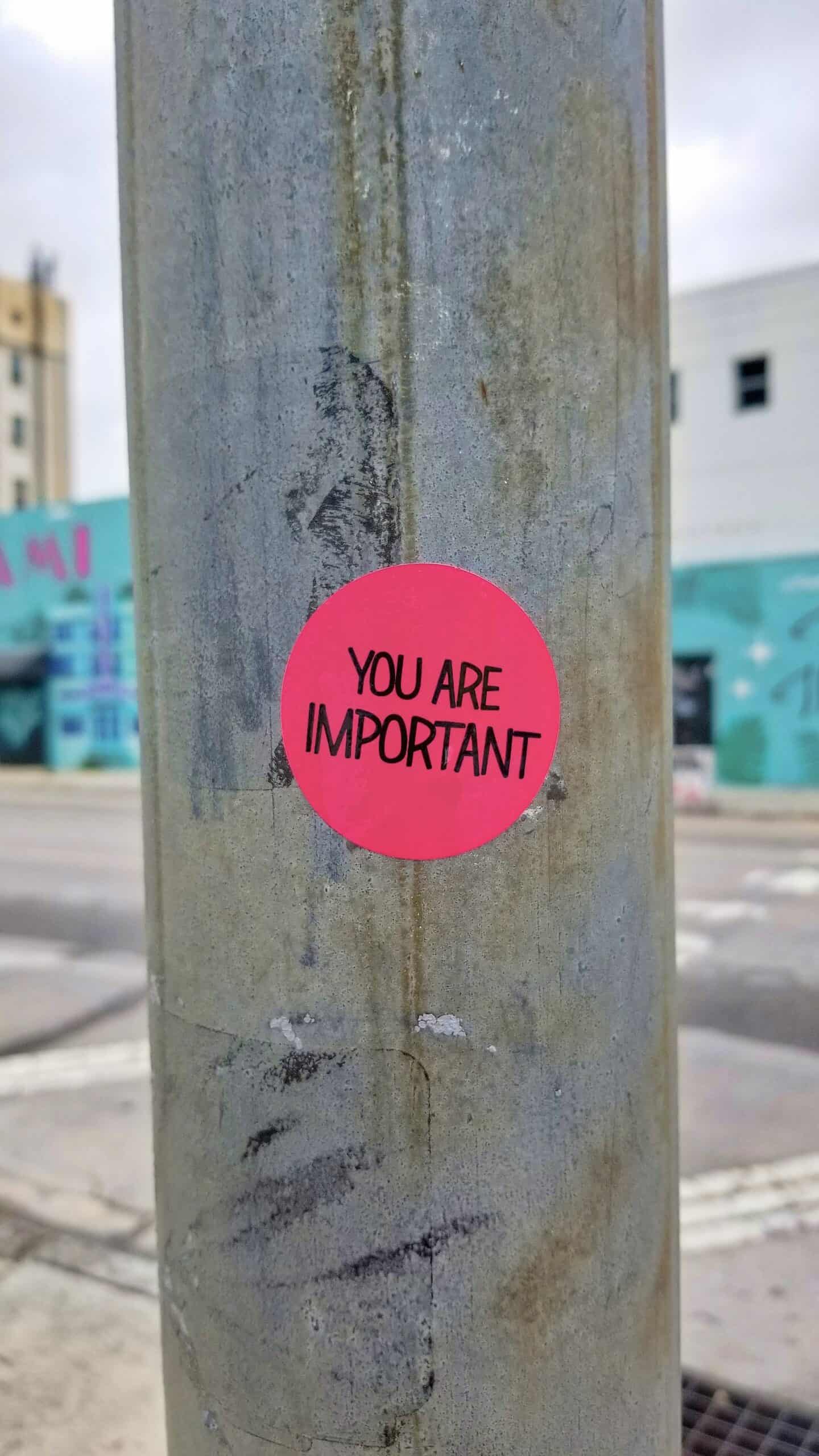Crisis Leadership Blog
Insights and perspectives on being the lighthouse during a crisis.
What Makes a Successful Crisis Simulation
“Practice makes perfect,” the saying goes. When it comes to crisis management, “practice makes prepared.” Periodic crisis exercises help teams build muscle memory, remember their crisis response plans, and identify gaps in that plan, the skill set, or the people...

Litigation Threats Are Invitations for Legal and Comms to Work Together
Few words bring a C-Suite conversation to a screeching halt like, “We need to think about litigation.” Instead of killing the conversation, it should start a conversation … between the legal team and the communications team. Attorneys’ primary goal is to limit their...

The Value of Saying I’m Sorry … from a Canadian
If you’ve spoken to me for more than five minutes, you know I’m Canadian – also American – but I was Canadian first and very proud of it. Every stereotype of Canadians includes that we like to say sorry: to each other, visitors, inanimate objects, and so on. Move away...

Winning An Argument with Crazy
Let’s be clear. You can’t win an argument against Crazy. Once rightfully relegated to the lunatic fringe, Crazy abounds today – it is everywhere. Crazy is encouraged, fanned, inflamed, and carried to new converts by the magnifying lens that is social media. Sadly,...

Lessons from Litigators for the Court of Public Opinion
Hall of Fame basketball coach Bobby Knight once said, “The key is not the will to win – everybody has that. It is the will to prepare to win that is important.” Preparation is one of the key differences between people who win consistently and those who win...
By definition, Kith means a cadre of peers who shape opinions and attitudes while instilling sophisticated habits for action. As a way to live this value, we like to share resources that are building blocks to good crisis management and can help you start the path of protecting your reputation.
More Recent Insights

Meet Your Maker(s): How Communicators Can Work With Operations
Critical Takeaways The two fundamental roles in American corporations are makers - such as operations - and sellers - like communications. It's essential to maintain a direct linkage between the two as they work better together. When working with operations, communicators usually fall short in three areas: meeting the operations team too late, going into...

Who matters most in a crisis?
Main article Critical Takeaways: In Corporate Communications and Public Relations, the word stakeholders is a fancy way to define those that matter most to an organization. We at Kith put these people into three categories: Communities, Customers, and Critics At a fundamental level, what separates inferior corporate communications from superior corporate...

How to maximize the learning benefits of your simulation
Critical Takeaways: Conducting training or an exercise without learning from the experience is a waste of resources, time, and attention. You need a process to capture these learnings and to put these into an action plan. Start with an immediate 'hot' debrief with participants. We find asking them to answer 'I like, I wish, I wonder' gets quick, honest...

The seeds of a successful simulation are sown early
Critical Takeaways A great simulation depends on thorough preparation, and that includes preparing the participants and yourself. Start by taking care of the basic administration. Otherwise, you'll get off to a bad start before the exercise even begins. Use your SMART Objectives to determine the right kind and level of preparation and remind everyone that...

Getting to yes: persuading your executives to buy-into a simulation
Getting to yes: persuading your executives to buy-into a simulation Critical takeaways Simulations and training are excellent ways to prepare your organization for a crisis but their benefit might not be evident to your leadership. We've found that a needs-driven approach, based on a gap analysis, with a clear explanation of the budget, time, team, and...

Get SMART about your crisis training
Get SMART about your crisis training Critical takeaways Training without a clear objective often wastes time, resources and money. Instead, have a clear sense of the gaps that you face in your crisis readiness program and where you need to see change. Then use SMART objectives to help clearly define your desired outcomes to ensure that your training or...

Not All Gaps Are Created Equal: Process Gaps Versus Cultural Shortfalls
One of the real benefits we see with crisis simulations is that these work very well as gap analyses. After a simulation, it's easy to see the gap between your current state and your desired state. How well can you develop a plan and put that into action? How well do our processes hold up? What deficiencies are there in our teams Which areas are aligned...

Brevity Takes Time but Builds Speed
Speed is critical to success in a crisis but speed alone isn’t the answer – you need speed that’s based on an understanding of your core values and chain of command. Speed for the sake of speed leads to mistakes, inaccuracies, and rambling responses that get you into deeper trouble, not help pull you out. Instead, take some time to be clear, accurate, and brief. It requires additional time but helps you speed up in the end.

Crises are not the time to learn on the job
Critical Takeaways The Crucible of Crisis doesn't develop your skillset, it reveals it. Your strengths and weaknesses are exposed and magnified: great leaders excel while weak ones stumble. This is counter to the idea that the unique circumstances of a crisis will somehow unlock previously unseen skills and people will rise to the occasion. Ensure that...

Sharing the bad news: don’t be afraid of being called Chicken Little
Sharing the bad news: don't be afraid of being called Chicken Little Critical Takeaways Sharing bad news, and warning of impending danger, is a necessary part of being a crisis communicator. These warnings don’t always play out leading some people to worry that they are going to be accused of being Chicken Little: always warning that the sky is falling....
The Kith Method
Good crisis management comes from a plan. Great crisis management comes from capability – and starts before you even smell smoke. That’s why we developed the Kith Method. We can help build and maintain a flexible capability that works for you.
Your reputation is an investment; time-consuming and costly to build and expensive to repair. Protect it.
